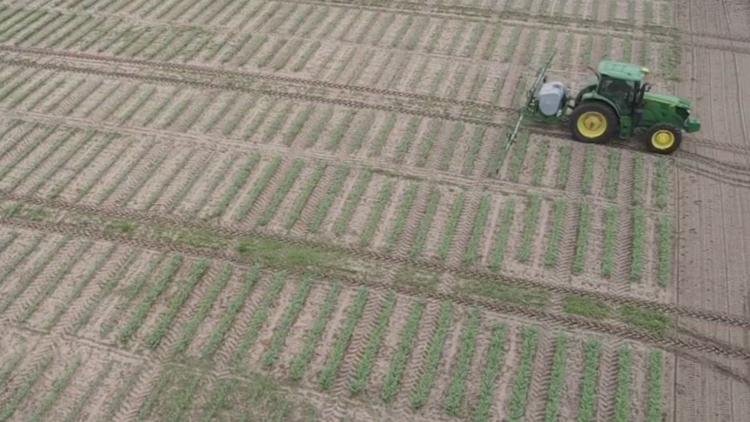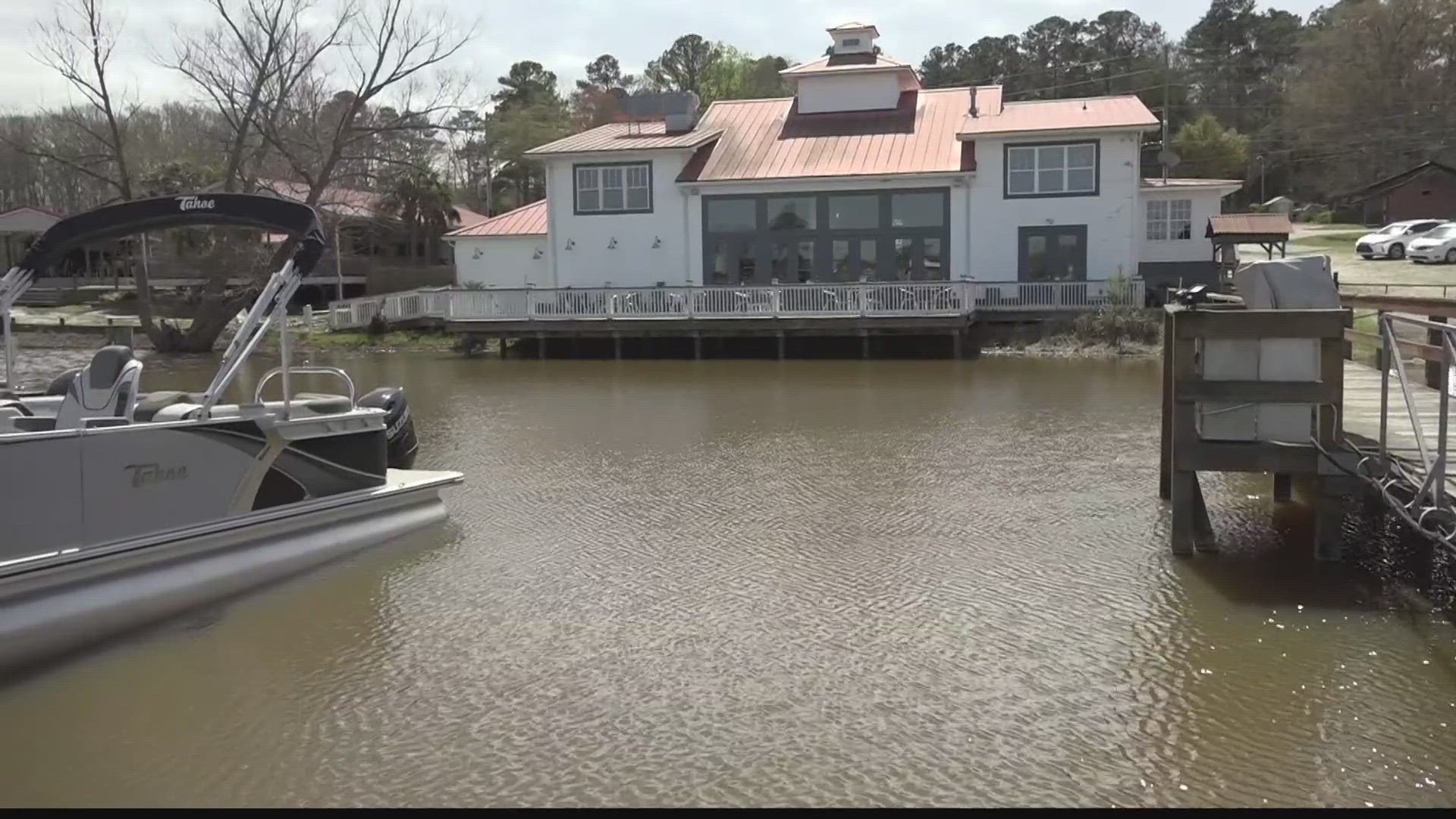COLUMBIA, S.C. — In an attempt to save family farms and reduce the amount of agricultural acreage now being lost to development, South Carolina Governor Henry McMaster ceremoniously signed into law on Tuesday, H.3951, the Working Agricultural Lands Preservation Act.
The new law establishes the Working Farmland Protection Fund within the South Carolina Conservation Bank that will help landowners preserve working agricultural land through voluntary conservation easements. Under the bill, the existing Conservation Bank board would be expanded to include the Commissioner of Agriculture, Secretary of Commerce, and Secretary of Transportation.
"Farmers are the backbone of our state, and as more businesses and people move here, we must find innovative ways to protect our state's most valuable farmlands,” said McMaster. “This legislation provides farmers a cost-effective option to keep and pass down their families' farms while ensuring that our state's agriculture industry remains strong and our most precious natural resources aren't lost forever to overdevelopment."
In 2022, the American Farmland Trust released a report showing that South Carolina was at very high risk of loss of future farmland. According to the report, between 2001 and 2016, over 280,000 acres of farmland was lost to conversion -- paved over, fragmented or compromised by sprawling commercial, industrial and residential development. Lexington County led the state in conversion with over 29,000 acres of farmland lost over that time period.
Under the Working Agricultural Lands Preservation Act, landowners who derive at least half of their income from farmland would be eligible for matching grants for qualified projects through the fund that would keep the land in production. The Conservation Bank would use certain criteria to determine eligibility, including:
- the authority of the owner of the working farmland property to make the subject farmland available via lease or transfer of the protected property to another farmer or other farmers so as to advance the goal of preserving and increasing access to farmland for new and expanding farms
- the threat of conversion of the working farmland property such that it would become unavailable for commercial production of agricultural products
- the percentage of soils classified by the United States Department of Agriculture as prime farmland, unique farmland, farmland of statewide importance, and farmland of local importance
- the agricultural structures and improvements associated with the working farmland property
- the economic viability of the working farmland property in terms of current and potential future commercial agricultural activities in local, regional, and statewide markets; connection of the working farmland property to agricultural services including processors, aggregators, and distributors; and the number of on-farm jobs supported by the working farmland property
- the multiple natural resources values associated with the working farmland property, including open space land, forested land and wetlands, riparian buffers, wildlife habitat, and freshwater aquifers
- whether the working farmland is located or serving in an underserved or underprivileged community.
Agriculture Commissioner Hugh Weathers said in a statement, “I’m pleased to join South Carolina leaders in giving farmers options for preserving their working lands. This important new legislation helps us continue to feed people and fuel our economy while protecting our state’s agricultural past, present, and future.”
While McMaster's signing on April 23 was ceremonial, H.3951 took effect on March 11, 2024.



